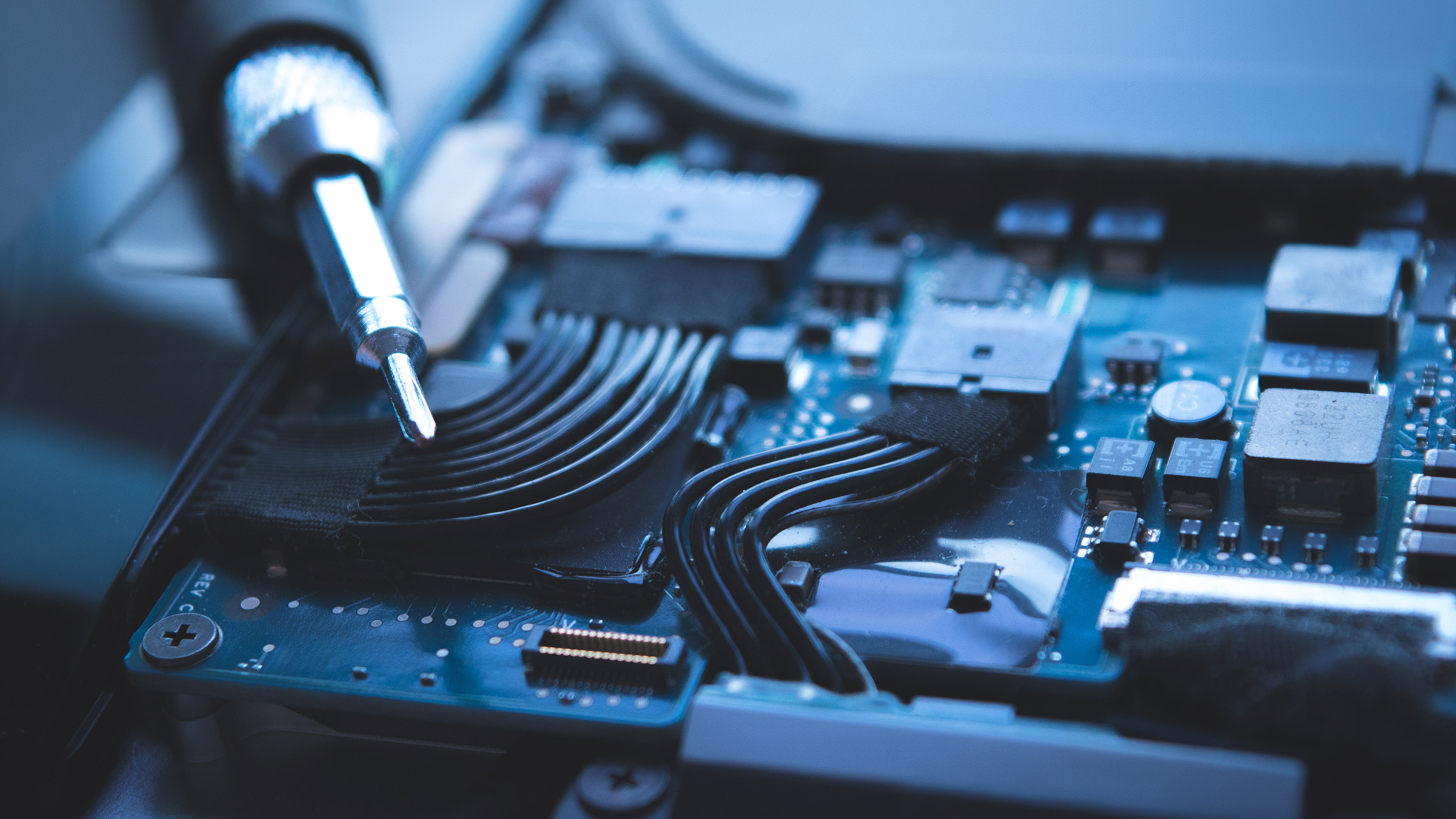ElectroScience: MESMERISING, winner of the TransforMAR! Prize

Luís Rosado, from the Department of Electrical and Computer Engineering (DEEC) and researcher at the Instituto de Telecomunicações (IT), and PhD student André Barrancos were recently awarded winners of the Lidl - TransforMAR! Prize, with their project MESMERISING. In an interview with DEEC, the researcher answered a few questions, revealing the main objectives of the project.
The MESMERISING project aims to develop advanced systems for monitoring microplastics in aquatic environments.
Luís Rosado, professor of DEEC and IT researcher

His interest in this area of research arose from an awareness of the problems related to microplastics, which he highlights as a global threat to both ecosystems and human life. On the other hand, the project reflects the challenges present at the intersection of electronic engineering and fields such as physics and mechanics.
The development of this project began in January 2024, aiming to address one of the main challenges in this area: achieving continuous monitoring of water flows. Currently, detection and characterization methods for particles depend on complex laboratory procedures and equipment that, in addition to being costly, are slow and bulky, which is incompatible with this type of monitoring.
[Continuous monitoring] will allow a deeper understanding of the proliferation mechanisms as well as the undesirable effects of exposure to these toxic particles.
Luís Rosado, professor of DEEC and IT researcher
When asked about the project details, the professor explained that new electromagnetic sensors are being studied – responsible for collecting data, particularly detecting microplastics, which will then be processed by high-performance electronic systems – combined with microfluidic devices that control and manipulate fluids.

The project also involves collaboration with sustainability researchers who have contributed to identifying requirements and developing sensor functionalities and the system. Although, in its initial phase, these technologies are of particular interest to the professionals involved, it is expected that they will also be used to "support social policies for microplastic pollution control."
The aim is to develop knowledge and technologies that support the implementation of electronic systems for local, autonomous, and real-time monitoring of water flows, such as drinking water networks and wastewater treatment systems.
Luís Rosado, professor of DEEC and IT researcher
If he had to summarize the MESMERISING project in one word, Luís Rosado says it would be "sustainability" and emphasizes the importance of initiatives like the TransforMAR! Prizes not only for funding research projects but also for spreading the work developed by specialists to society in general. The prize money will be used to invest in laboratory capacity and further research development.
We hope to actively contribute to environmental sustainability and particularly to addressing this increasingly ubiquitous and significant threat.We hope to actively contribute to environmental sustainability and particularly to addressing this increasingly ubiquitous and significant threat.
Luís Rosado, professor of DEEC and IT researcher
